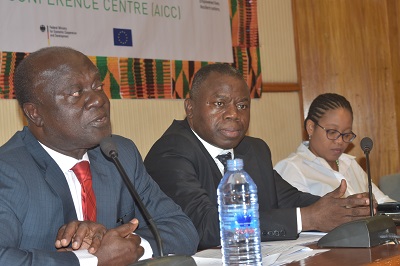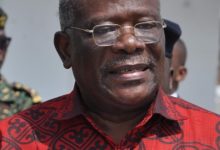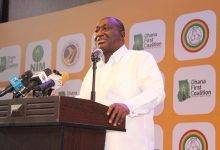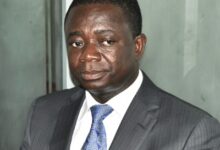
PPanellists at an investment forum, as part of the Africa Climate Week 2019 underway in Accra, have rallied investors to cash in on the climate change phenomenon and simultaneously help raise the needed funds to mitigate its repercussions on the country.
They pointed out that there was a wide range of business opportunities associated with climate change in the areas of e-waste, solar and clean energy, transport and agriculture, amongst others, that could fetch high returns, if grabbed by the investors.
It was revealed that globally, bold climate actions could trigger $26 trillion in economic benefits by the year 2030 alongside the creation of 65 million new jobs and an opportunity for socio-economic and industrial transformation for countries.
The panellists, from state and non-state organisations, were speaking at separate sessions of the Ghana’s Nationally Determined Contributions (NDCs) investment forum organised by the government and the United Nations Development Programme (UNDP) on Monday and yesterday.
The forum served as a catalyst for private sector investment and to garner financial and other support for the implementation of the NDCs, which are Ghana’s national climate action plans under the 2015 Paris Agreement on Climate Change.
Ghana is expected to raise $22.6 billion investments — $16.3 billion from domestic and $6.3billion from international public and private source — to implement her 31 NDCs, covering seven areas for a decade, starting from 2020.
The climate week, themed, “A race we can win”, is being attended by at least 1,000 climate experts, investors and representatives of state and non- state agencies from across the world.
Setting the ball rolling, Minister of Planning, Prof. George Gyan-Baffour, averred that securing financial support for the implementation of the NDCs had not been easy although climate change was the biggest threat to sustainable development.
He said efforts were, however, being made to get the support, including creating the enabling environment for businesses to thrive, so as to attract more investments from the private sector.
Prof. Gyan-Baffour cited tax incentives and as one of the means of creating a conducive environment for investors, adding that government would continue to explore other avenues to bridge the funding gaps.
Mr Alhassan Andani, president of the Ghana Association of Bankers, allayed fears of investors over the banking sector clean-up that led to the collapse and merger of some banks, explaining that the clean-up did not mean that the banking sector was not safe, but it was an exercise to make the sector stronger to anchor their investments, and, therefore, urged investors to feel at ease to invest.
Mr FreduaAgyeman, Director of Environment at the Ministry of Environment, Science, Technology and Innovation, said the ministry had collaborated with its sector agencies and others to develop investable projects in all 31 NDCs ready for the investors to come aboard.
At a session on accelerating private sector development, Mr Lambert Faabeluon, a director at the Environmental Protection Agency, asserted that some materials considered as waste could be turned into multi-million businesses.
He said in 2018 alone, ‘waste’ worth two million dollars were traded via a website, which linked producers and users of the ‘waste’, but expressed worry that financial institutions were hesitant to support interested entrepreneurs, and called for substantial support from the private sector.
For Vice President of Imani Africa, Mr Kofi Bentil and Nana Osei Bonsu, Chief Executive Officer of Private Enterprise Federation, the private sector was willing to jump on the climate opportunities, but more needed to be done by government, including ease of doing business, to enable them make the move.
BY JONATHAN DONKOR
Pictures by Ayeh







